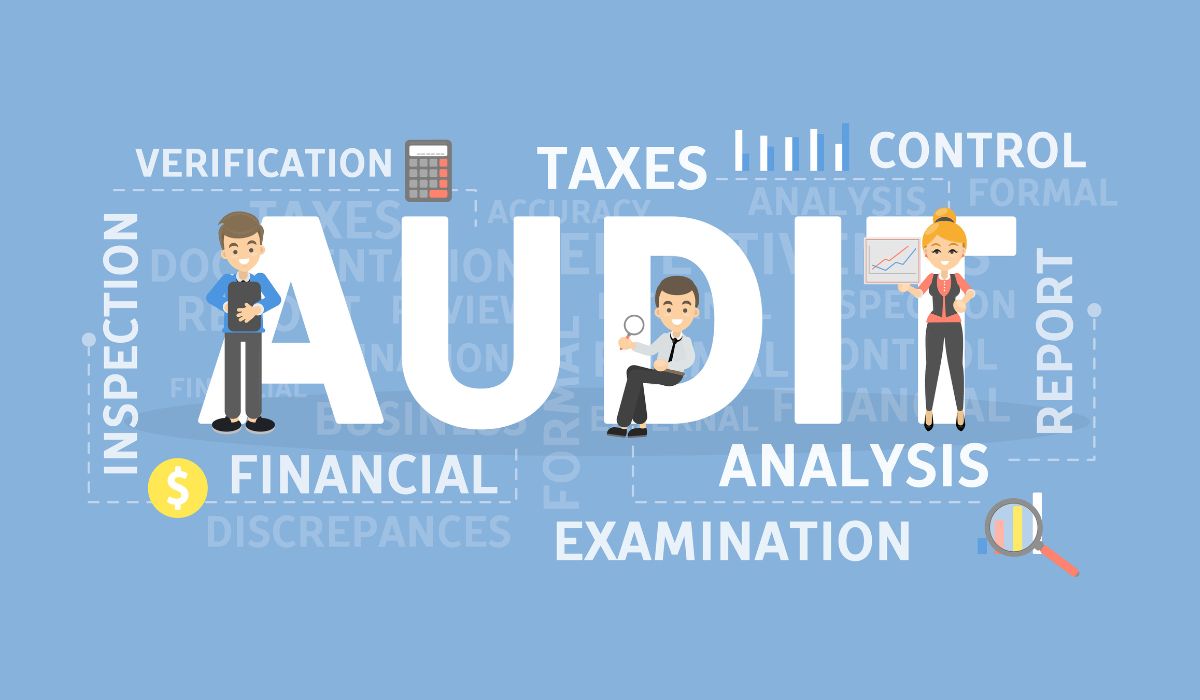Auditing Service
Auditing services are professional activities provided by independent auditors or audit firms to assess and evaluate the financial records, operations, and practices of businesses and organizations. The primary purpose of auditing is to provide an objective opinion on the fairness and accuracy of financial statements and to ensure compliance with relevant laws, regulations, and accounting standards.
Here’s a breakdown of key aspects of auditing services:
Core Purpose:
- Building Trust and Confidence: Auditing enhances trust and confidence in financial reporting among stakeholders such as investors, creditors, regulators, and the public.
- Verification of Financial Statements: Auditors verify whether financial statements (e.g., balance sheet, income statement, cash flow statement) accurately reflect the true financial position and performance of a company.
- Compliance: Audits ensure that organizations comply with applicable accounting principles (like GAAP or IFRS), tax laws, industry-specific regulations, and internal policies.
- Risk Mitigation: By identifying weaknesses in internal controls and potential risks, auditors help protect businesses from fraud, inefficiencies, and financial mismanagement.
Types of Auditing Services:
Financial Statement Audits (External Audits):
- Purpose: To provide an independent opinion on whether a company’s financial statements are presented fairly, in all material respects, in accordance with an applicable financial reporting framework.
- Auditors: Conducted by external, independent audit firms.
- Beneficiaries: Primarily external stakeholders.
Internal Audits:
- Purpose: To evaluate and improve the effectiveness of risk management, control, and governance processes within an organization.
- Auditors: Typically performed by employees of the company (internal auditors) or outsourced to specialized firms.
- Beneficiaries: Management and the board of directors, providing insights for operational improvements.
Compliance Audits:
- Purpose: To assess whether an organization adheres to specific laws, regulations, contractual agreements, or internal policies.
- Examples: Tax audits (IRS audits), environmental compliance audits, regulatory compliance audits.
Operational Audits:
- Purpose: To evaluate the efficiency and effectiveness of an organization’s operations, processes, and procedures.
- Goal: To identify areas for improvement in productivity, cost-effectiveness, and overall operational performance.
IT Audits (Information Technology Audits):
- Purpose: To assess the controls and security of an organization’s information systems, data, and technology infrastructure.
- Focus: Data integrity, system reliability, security measures, and compliance with IT-related regulations.
Forensic Audits:
- Purpose: To investigate financial irregularities, fraud, embezzlement, or other financial crimes.
- Goal: To gather evidence for legal proceedings or internal investigations.
-
Performance Audits:
- Purpose: To evaluate an organization’s performance against established goals, benchmarks, and best practices.
- Focus: Efficiency, economy, and effectiveness of programs or activities.
Vendor/Supplier Audits:
- Purpose: To assess the quality, compliance, and reliability of a company’s vendors or suppliers, especially critical in industries like pharmaceuticals (e.g., GMP, GCP, GLP audits).
The Audit Process: While the specific steps can vary, a typical audit process involves:
- Planning and Risk Assessment: Understanding the client’s business, industry, and risks.
- Internal Control Evaluation: Assessing the effectiveness of the client’s internal control systems.
- Substantive Testing: Examining financial data and transactions to verify accuracy.
- Reporting: Issuing an audit report that includes an opinion on the financial statements and, often, a management letter with recommendations.
Key Trends in Auditing:
- Digital Transformation: Increased use of data analytics, artificial intelligence, and automation to enhance audit efficiency and insights.
- Emphasis on ESG (Environmental, Social, and Governance): Growing demand for assurance services related to sustainability reporting and non-financial information.
- Regulatory Scrutiny: Evolving and more stringent regulations demanding higher quality and transparency in audits.
- Multidisciplinary Teams: Audit firms increasingly leverage diverse expertise (e.g., tax, technology, consulting) to address complex client needs.







